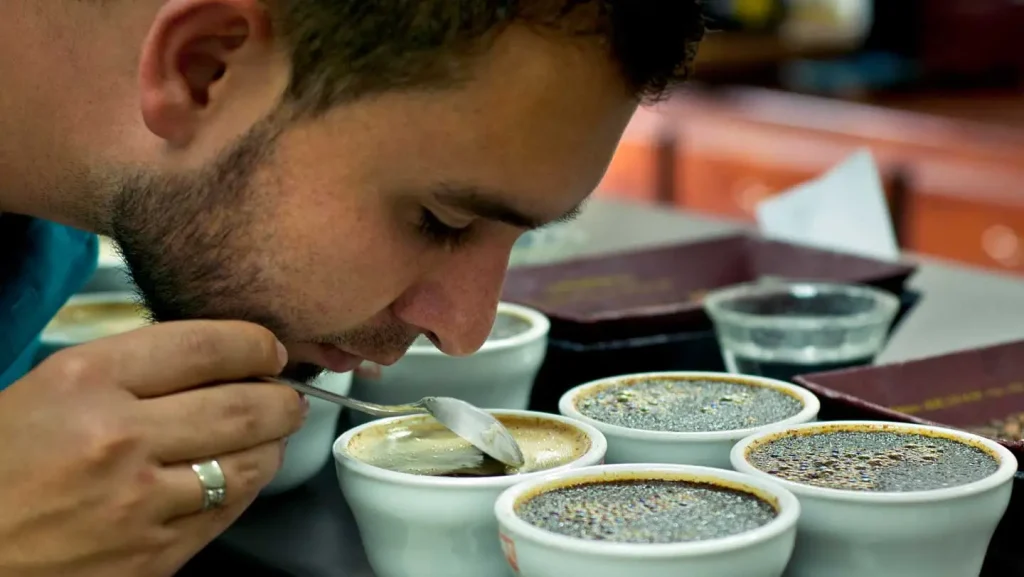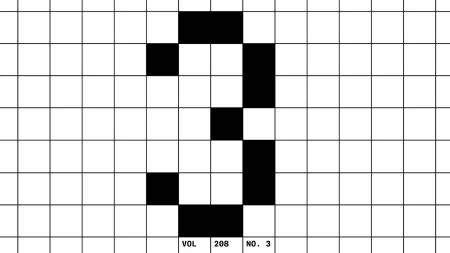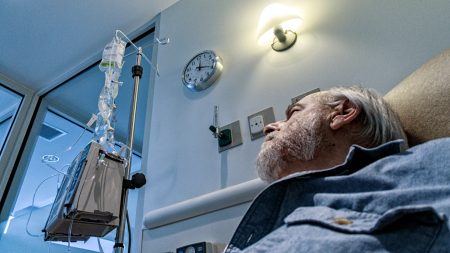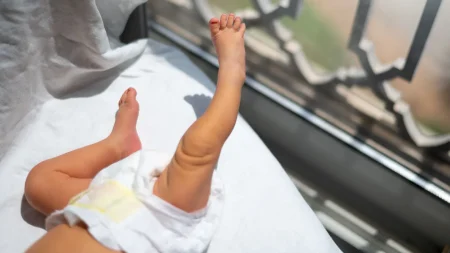The Lingering Loss of Smell After COVID-19: A Two-Year Journey
In a groundbreaking study using scratch-and-sniff testing, researchers have uncovered a concerning reality for COVID-19 survivors: the loss of smell, a common symptom during infection, may persist for more than two years after initial recovery. This finding adds to our understanding of long COVID, revealing that sensory impairments can remain long after other symptoms have resolved. The research utilized standardized olfactory tests to track patients’ ability to detect and identify odors over time, demonstrating that while many people experience gradual improvement, a significant percentage continue to struggle with diminished or altered smell perception well beyond the acute phase of illness.
The implications of long-term smell dysfunction extend far beyond the simple inconvenience of not enjoying favorite foods or fragrances. For many affected individuals, this sensory loss has profound effects on quality of life, mental health, and even physical safety. Participants in the study described emotional challenges including depression and anxiety tied to their inability to smell loved ones, enjoy meals, or detect potentially dangerous odors like smoke or gas leaks. This prolonged sensory disruption represents one of the most common and persistent neurological consequences of COVID-19, highlighting how the virus can cause lasting changes to the neural pathways involved in olfactory processing.
Scientists believe the mechanism behind this persistent smell loss involves damage to supporting cells in the olfactory epithelium rather than direct infection of neurons. The SARS-CoV-2 virus appears to target sustentacular cells and other supporting structures that maintain the health of smell receptors, disrupting the complex pathway that transmits odor information to the brain. While the body can repair this damage, the process is often slow and incomplete. The research shows that recovery patterns vary widely among individuals, with some experiencing gradual improvement, others developing parosmia (distorted smell perception), and a subset facing potentially permanent olfactory dysfunction despite otherwise full recovery from the infection.
The research methodology involved following hundreds of patients who had confirmed COVID-19 infections and reported smell loss during their illness. Using validated scratch-and-sniff identification tests administered at regular intervals, researchers could objectively measure changes in smell function over time. This longitudinal approach revealed that while approximately 70% of patients showed significant improvement within six months, recovery often plateaued afterward, with many participants still showing measurable deficits at the two-year mark. These findings challenge earlier optimism that all sensory symptoms would eventually resolve and suggest that for some patients, smell dysfunction may represent a permanent consequence of their infection.
Healthcare providers are responding to these findings by developing specialized rehabilitation protocols aimed at improving olfactory function. Smell training, which involves repeatedly exposing patients to strong, distinctive scents like cloves, lemon, eucalyptus, and rose, has shown promise in helping some individuals regain partial function by stimulating neural regeneration. Additionally, support groups have emerged for those coping with long-term smell loss, providing both practical coping strategies and emotional support. Researchers stress the importance of taking smell complaints seriously and including olfactory testing in post-COVID care protocols, as many patients report feeling dismissed or misunderstood when discussing this invisible disability with medical professionals.
As the pandemic transitions from an acute emergency to a long-term public health challenge, understanding and addressing the persistent neurological consequences like smell dysfunction becomes increasingly important. The research underscores that COVID-19 cannot be viewed as a simple respiratory illness with temporary effects, but rather as a complex condition that can cause lasting neurological changes in a significant percentage of survivors. By documenting the duration and pattern of smell loss, researchers hope to both validate patients’ experiences and drive further investigation into treatments that might accelerate or complete the recovery process. For millions worldwide, the journey back to normal sensory perception remains ongoing, highlighting the need for continued research, support, and clinical attention to this overlooked aspect of post-COVID recovery.















